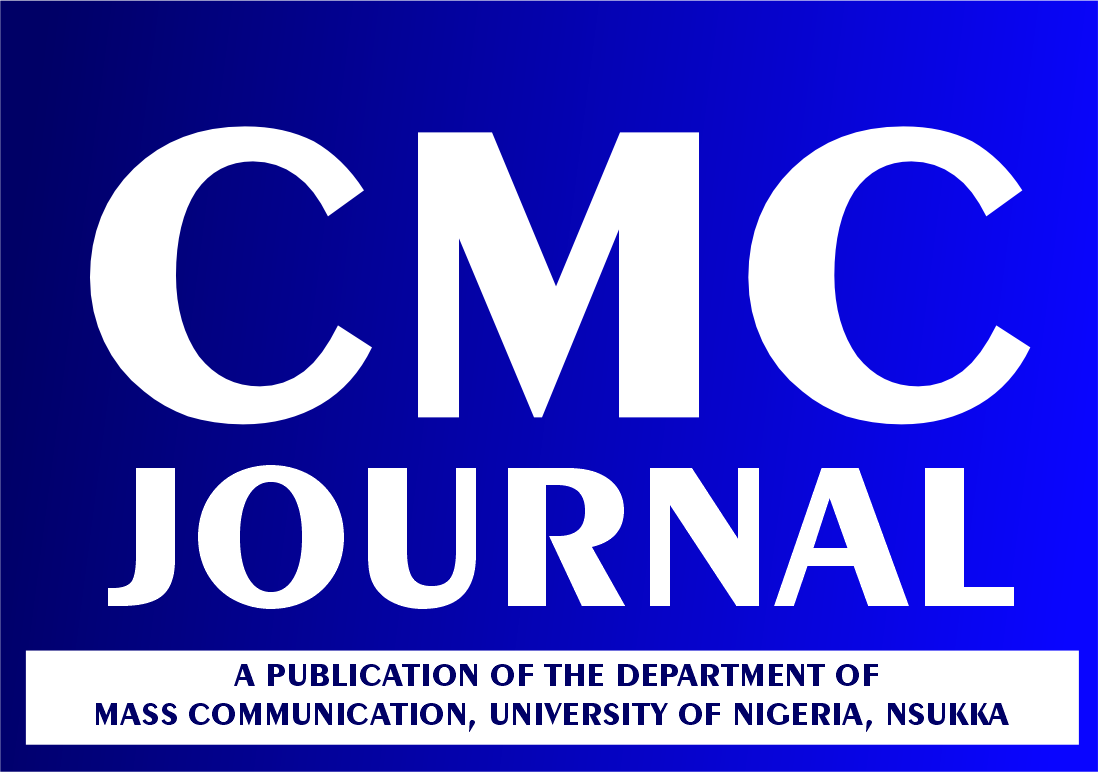INFLUENCE Of ARTIFICIAL INTELLIGENCE IN BRODCASTNG IN NIGERIA
Author(s) Name:
OLLOWU JENNIFER CHINENYE
Year of Publication:
2024
Volume:
Vol. 1. August, 2024

Abstract
This abstract presents a comprehensive analysis of the influence of Artificial Intelligence (AI) on the field of broadcasting. This research explores the various ways in which AI has influenced broadcasting operations, which includes content creation, video analysis curation, automated language translation and localization ,audio dubbing, colour grading, broadcast graphics, animation, virtual and augmented reality, video editing, live broadcast, advertising targeting and personalization.These concepts were duly explained in order to understand how artificial intelligence influences broadcast in different ways. The challenges of artificial intelligence in Broadcasting in Nigeria was also stated, which stated. The are divided into two sections, the ethical challenges and the professional challenges.Ethical challenges are Bai’s and fairness,privacy concerns. The professional challenges includes job displacement, availability of data, lack of self awareness, authencity, lack of access to resources and lack of expertise in artificial intelligence in broadcast in Nigeria.The theorical framework used in this work is diffusion of innovation theory. The methodology used in the study is survey method using questionnaire as instrument of data collection.Simple random sampling technique was used in selecting four States in the South East where the research would take place. Anambra, Ebonyi, Imo and Abia States were selected. The third stage was purposively selecting broadcast stations from each State according to its prominence. Another stage was adopting the availability sampling technique in sharing copies of questionnaire to the respondents. Analysis was done using the simple percentage and frequency. Findings reveal that artificial intelligence tools are hardly used in Nigeria. Some media and practitioners show that the artificial intelligence features are indeed good and aid in work activities.The study concluded that the future of AI in broadcasting looks unfavourable and the fear of loss of jobs could partly be the reason the use of AI is delayed in broadcast stations. The study recommended the investment in AI trainings for broadcasters and broadcast stations.
Editorial Team
Editor-in-Chief
Prof. Michael O. Ukonu
Deputy Editor-in-Chief
Dr Blessing Chinweobo-Onuoha
Associate Editors
Prof. L.I. Anorue
Prof. J. Wogu
Prof. G. Ezeah
Prof. C.C. Okpoko
Review
Dr Chidiebere Nwachukwu
Dr Ozioma Nwokedi
Dr Victor Nwogbo
Dr Belinda Anyakoha
Dr Uchenna Eze
Dr Ike Ugbor
Secretary
Dr Stephen Ogbodoh
Design Editor
Dr Ike Elike
Business Manager
Dr Martin Ezugwu
Editorial Consultants
Prof. Nnanyelugo Okoro, Department of Mass Communication, University of Nigeria, Nsukka, Enugu State
Professor Sunny Udezeh, Department of Mass Communication, Enugu State University of Science and Technology, Enugu, Enugu State
Professor Ezekiel Asemah, Vice Chancellor’s Office, Glorious Vision University, Benin, Edo State
Professor Jude Terna Kur, Department of Information Science and Media Studies, Federal University of Technology, Minna, Niger State
Prof. Rotimi Williams Olatunji, School of Communications, Lagos State University, Ojo, Lagos State
Prof Walter IhejirikaDr. Chukwujekwu Charles Onwuka Department of Sociology, Chukwuemeka Odumegwu Ojukwu University, Igbariam Campus. Email: cc.onwuka@coou.edu.ng
WhatsApp no: 08064396459
